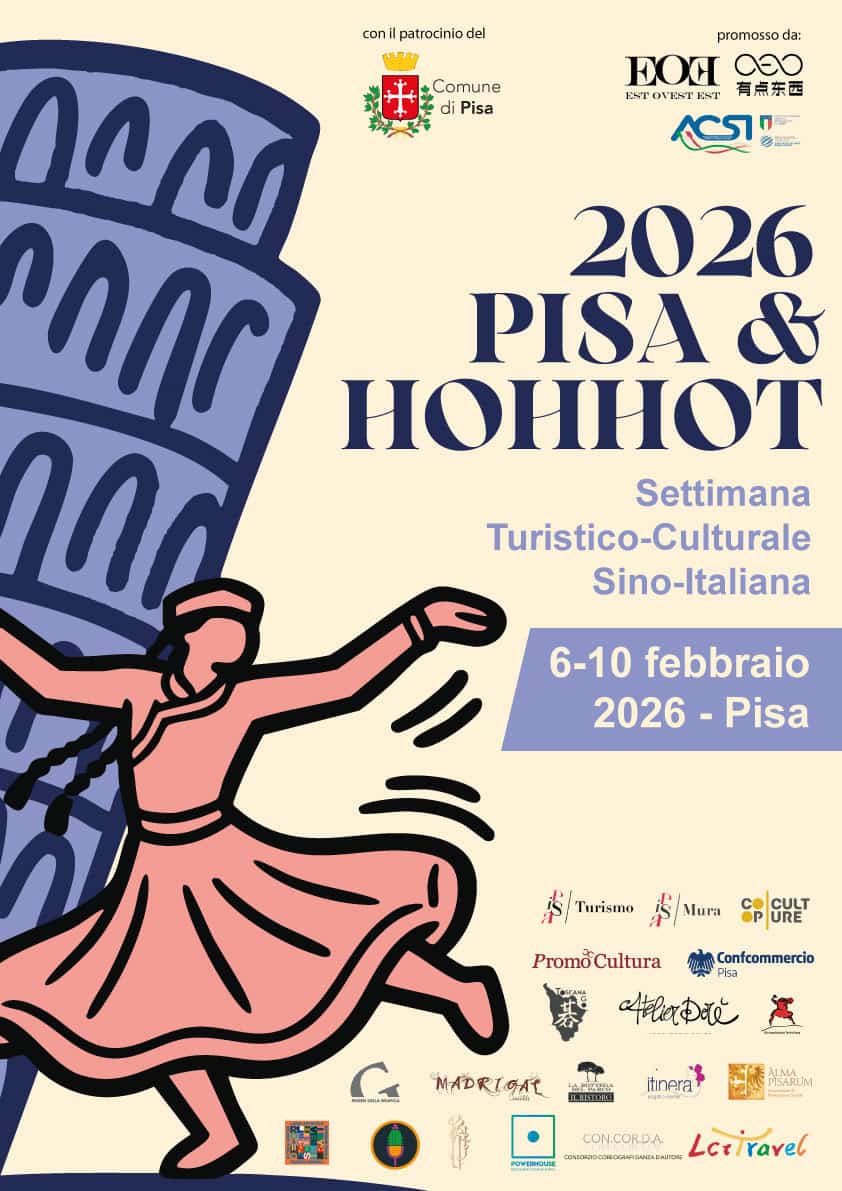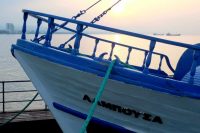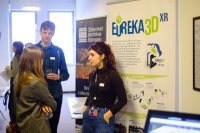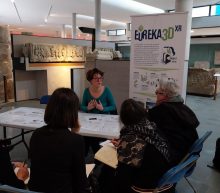B#SIDE WAR is an artistic and cultural festival of spread art, diffuse in 12 territories of Italy and Slovenia, thanks to artistic exhibitions and installations, performing, talks and conferences, researches and publications, and special events in Toronto (Canada), Kansas City (USA), Canberra (Australia) and London (UK). Designed with the main scope of investigating the heritage that has connected the First World War to our everyday life, B#SIDE WAR project has then been devoted to the analysis of the relationship between the Human Being and the conflicts of the XX Century, as well as to the examination of the kinship between our war past and the vision of the world we nowadays have, through experimental artistic interventions concerning memory and history.
The festival is about to present the main event of its second edition: the installation Insight in Gorizia, a city which is particularly important in the European scene for its past related to the Great War. Today Gorizia is the perfect place to talk about multiculturalism, historical and geographic fractures, and especially about the human experience of those who experienced the ‘war fractures’ of the ‘900.
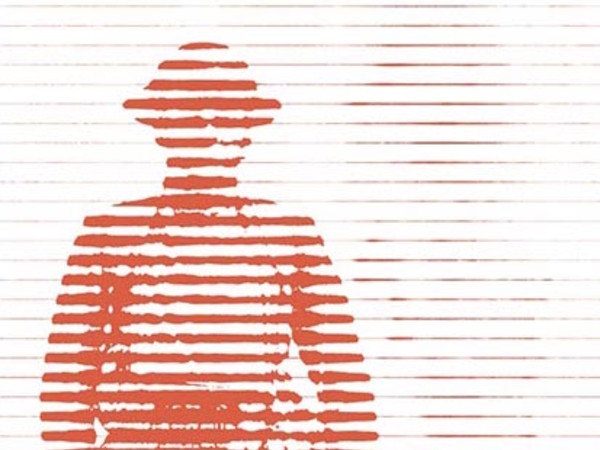 Gorizia is the place chosen for the site-specific installation made by Josha Cesa: a great artwork of multi-sensory contemporary art, which will be placed directly inside a pedestrian tunnel of 350 meters linking the center of the Italian city with the Slovenian Carso upland.
Gorizia is the place chosen for the site-specific installation made by Josha Cesa: a great artwork of multi-sensory contemporary art, which will be placed directly inside a pedestrian tunnel of 350 meters linking the center of the Italian city with the Slovenian Carso upland.
Insight is a public art, site-specific installation, that winds through a path marked by seven “sensory stations”, that the visitors are invited to experience from side to side of the gallery.
The artwork wants to engage the users through the senses, suggesting an intimate, polyphonic and subjective reflection on what the people directly involved in World War I felt and emphasizing the conflict as a factor that impacts with violence on the experience of life, booming in our past, present, and dragging its rumble into the future. In particular, the installation examines and revises through the media of contemporary light art and sound art, some phenomena reported in the literature and in books and diaries which have followed the outbreak of the conflict: such as the view as illusory instrument and the hearing as an atavistic tool for salvation.
The Bombi gallery is the perfect place to host the installation, due to its particular shape, capable of amplifying with its perspective, atmospheric temperature, light and eco, the aesthetic perceptions desired by the author Joshua Cesa, who built it through the languages of forms, materials and sounds.
The alteration of the usual perspective of the gallery turns into a path of ‘auditory impressions’: the walk through the entire length of the gallery, and stop at every “sensory station”, becomes a memory ritual of great beauty and symbolic power.
The installation will be freely available 24 hours/24 at the pedestrian tunnel Bombi of Gorizia from 13 May to 10 August 2016. The installation by Joshua Cesa has been freely adapted from ‘The Human Body Memories’, the literary research project by Tancredi Artico. Sounds by Alessio Sorato and Lorena Cantarut.
Info and contacts: www.iodeposito.org | www.facebook/iodeposito | +39 348 7768935


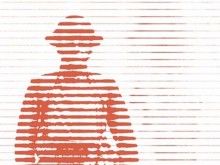

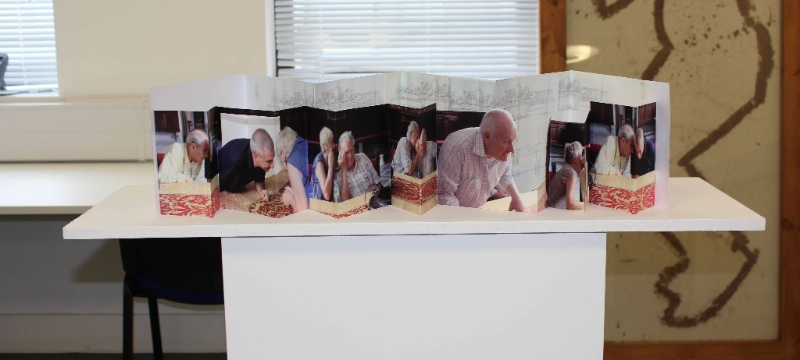
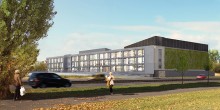
 The
The 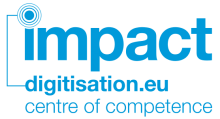 The
The  The digitisation days will take place in Poznań, on October 6-7, 2016 and it is organised by the Poznań Supercomputing and Networking Center, in collaboration with the Impact Centre of Competence.
The digitisation days will take place in Poznań, on October 6-7, 2016 and it is organised by the Poznań Supercomputing and Networking Center, in collaboration with the Impact Centre of Competence. The
The 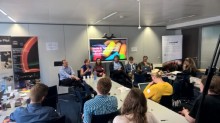
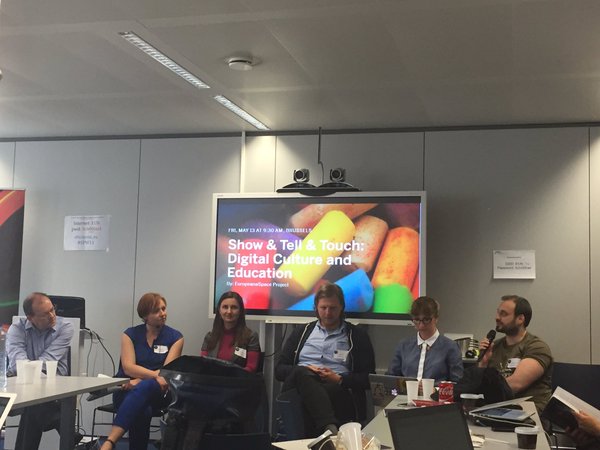











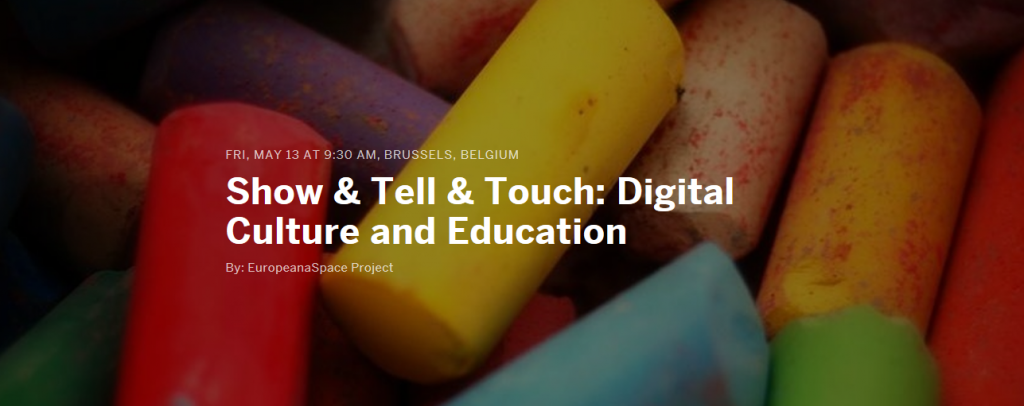
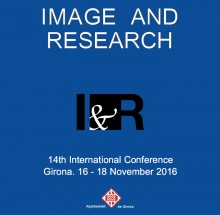

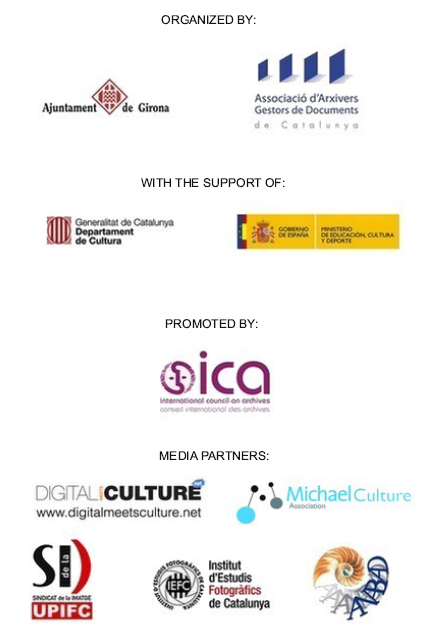
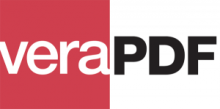
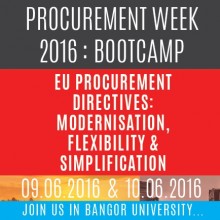
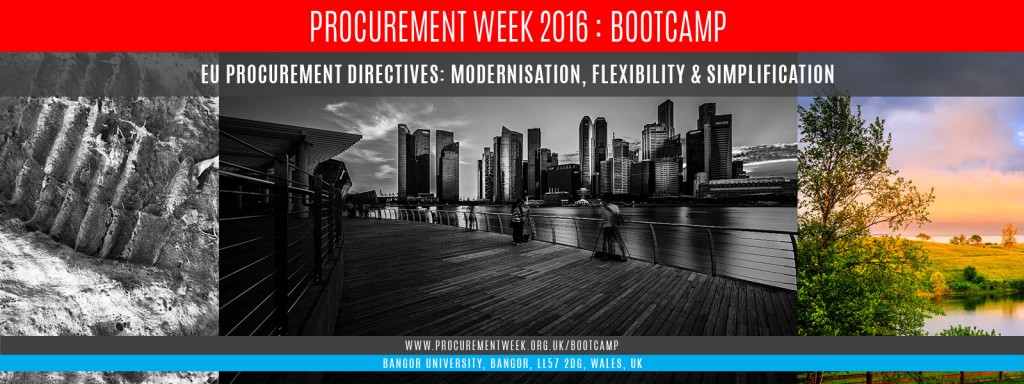
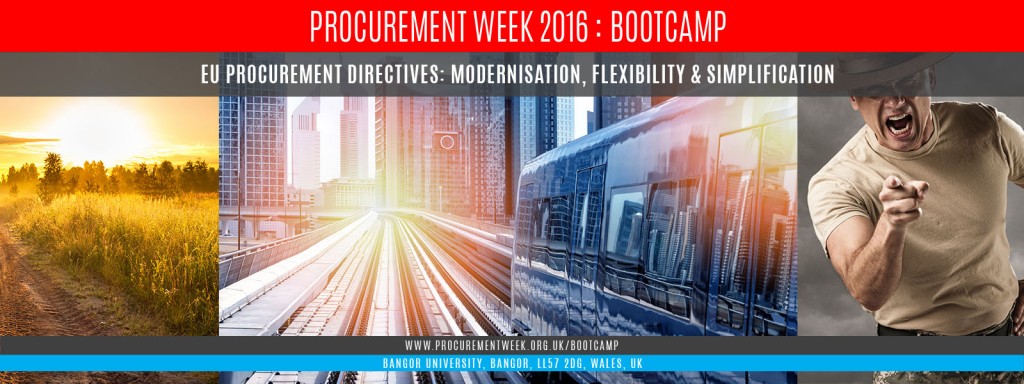
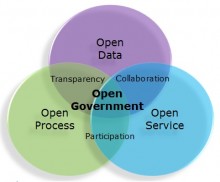

 The workshop aims to generate collective insight into public sector innovation for Open eGovernment Services (OGS). It is clear that OGS require a deep change in the machinery of government, but also they act as an incentive for change through for example increased transparency and collaboration. The study has analysed several cases in order to understand the key costs and benefits of OGS. The workshop now aims to analyse in depth the rationale and drivers behind these cases, in order to draw lessons and develop future scenarios.
The workshop aims to generate collective insight into public sector innovation for Open eGovernment Services (OGS). It is clear that OGS require a deep change in the machinery of government, but also they act as an incentive for change through for example increased transparency and collaboration. The study has analysed several cases in order to understand the key costs and benefits of OGS. The workshop now aims to analyse in depth the rationale and drivers behind these cases, in order to draw lessons and develop future scenarios.
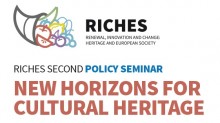
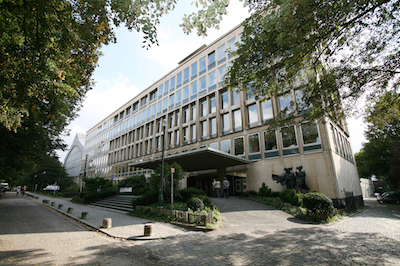 “New Horizons for Cultural Heritage – Recalibrating relationships: bringing cultural heritage and people together in a changing Europe” is the Second Policy Seminar organised by the
“New Horizons for Cultural Heritage – Recalibrating relationships: bringing cultural heritage and people together in a changing Europe” is the Second Policy Seminar organised by the 
















